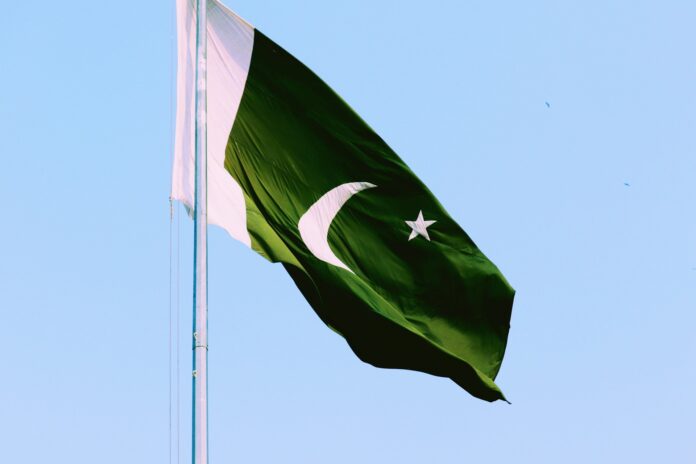Russian and Pakistani officials explore plans for a steel mill at the site of the defunct Pakistan steel mills, aiming to enhance production and reduce import costs
On September 18, 2024, discussions between Deputy Minister of Industry and Trade of the Russian Federation, Aleksei Gruzdev, and Pakistan’s Minister for Industries, Production, and National Food Security, Rana Tanveer Hussain, signalled a promising development in Russia-Pakistan economic cooperation. The meeting focused on the potential establishment of a new steel mill in Karachi, leveraging Russian expertise and investment.
The proposed site for the new steel mill is a 700-acre plot previously occupied by the Pakistan Steel Mills (PSM), strategically located near Port Qasim. This location offers logistical advantages, reducing transportation costs for raw materials and enhancing the project’s viability.
Minister Hussain highlighted Pakistan’s significant iron ore reserves, estimated at 1,887 million tonnes. Despite these reserves, the country imports approximately $2.7 billion worth of iron and steel annually due to a persistent production shortfall. The current domestic steel production lags behind demand, with a gap of about 3.1 million tonnes in the past year.
Embed from Getty ImagesPakistan’s steel industry faces challenges, including fragmented operations with around 600 small units and outdated technology. The introduction of a modern steel mill could address these inefficiencies and stimulate growth in the sector.
In addition to the steel mill project, the Pakistani government is keen on expanding cooperation with Russia in other sectors. Pakistani industrial and agricultural experts are set to visit Russia to explore advancements in agricultural machinery, which are expected to improve crop yields and boost productivity.
Aleksei Gruzdev reaffirmed Russia’s commitment to supporting Pakistan with modern agricultural equipment, aiming to enhance the country’s agricultural capabilities. The collaboration between the two nations signifies a strengthening of bilateral relations and underscores the mutual benefits of their economic partnership.
Analysis:
Economic:
The proposed steel mill represents a significant investment opportunity for both Russia and Pakistan. By modernizing Pakistan’s steel production capabilities, the project could reduce the country’s reliance on costly imports and address the supply-demand gap. The strategic location near Port Qasim also promises logistical efficiencies.
Political:
The collaboration reflects growing diplomatic and economic ties between Russia and Pakistan. It underscores a mutual interest in enhancing bilateral trade and investment. The involvement of Russian expertise in Pakistan’s steel and agricultural sectors may also be seen as part of a broader geopolitical strategy to strengthen alliances in the region.
Industrial:
Pakistan’s steel industry is poised for modernization through this partnership. The introduction of advanced technology and increased production capacity could revitalize the sector, addressing inefficiencies and fostering long-term growth.
Agricultural:
The focus on modernizing agricultural machinery complements the steel mill project, highlighting the broader scope of bilateral cooperation. Enhanced agricultural productivity aligns with Pakistan’s goals of improving food security and economic development.
Environmental:
The establishment of a new steel mill will require careful consideration of environmental impacts. Modern technology should ideally incorporate eco-friendly practices to mitigate potential adverse effects on the surrounding area.
